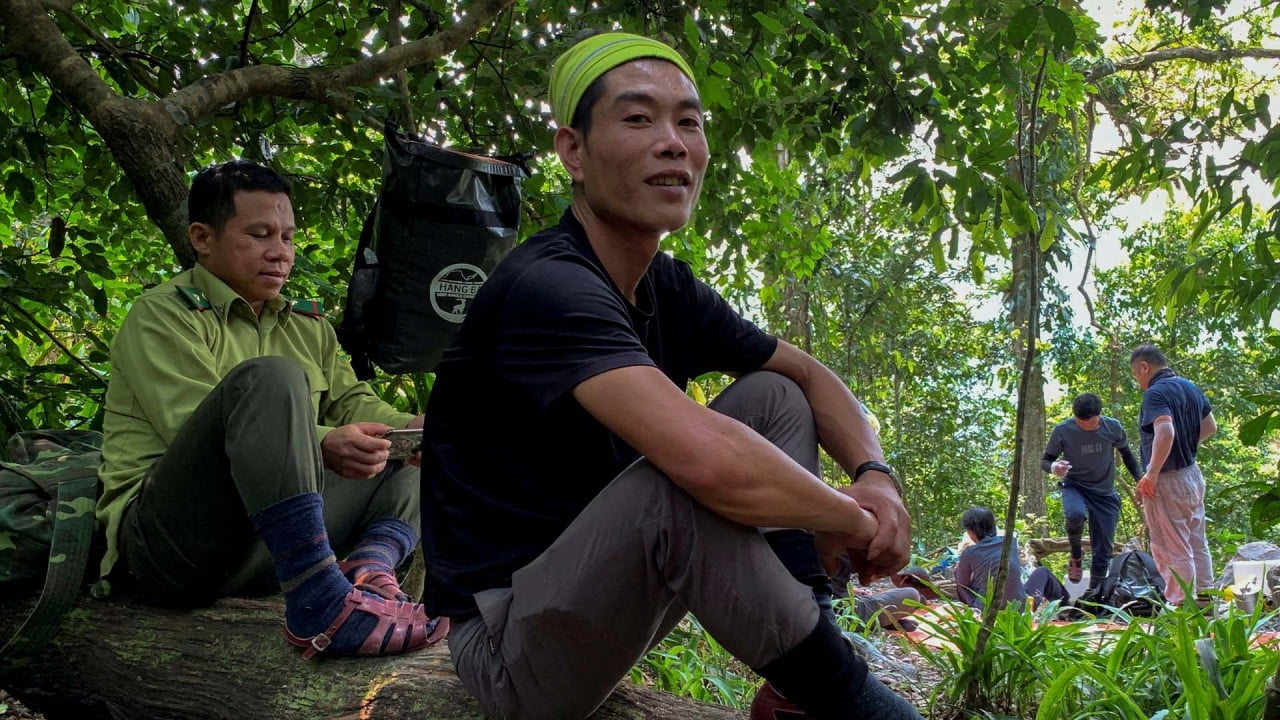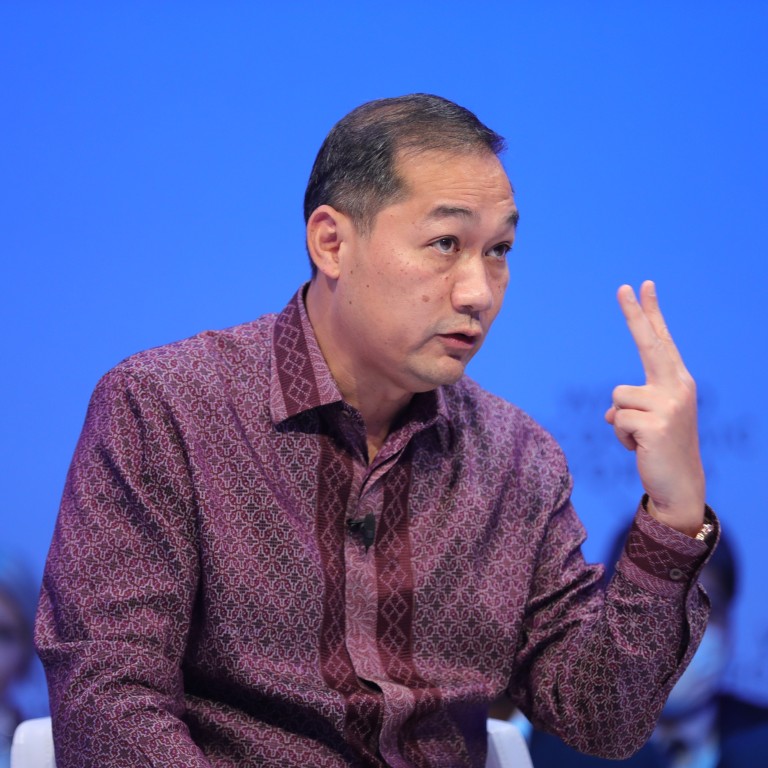
‘Palm oil mafia’ minister out: Indonesia’s Jokowi dumps Lutfi in cabinet reshuffle
- Trade minister Muhammad Lutfi, under pressure amid rising palm oil prices and complaining of ‘mafia’ practices, replaced by Zulkifli Hasan, former environment minister criticised for inability to stop illegal logging
- Meanwhile, former armed forces chief Hadi Tjahjanto is now minister of agrarian affairs and spatial planning
Indonesian President Joko “Jokowi” Widodo on Wednesday announced a minor cabinet reshuffle, with trade minister Muhammad Lutfi replaced after coming under pressure due to a surge in domestic palm oil prices.
Replacing Lutfi will be Zulkifli Hasan from the National Mandate Party (known as PAN), which this year joined Widodo’s wide-ranging ruling coalition.
Also included in Wednesday’s reshuffle was former armed forces chief Hadi Tjahjanto who became minister of agrarian affairs and spatial planning.
The recently retired air chief marshal’s portfolio includes overseeing land reform and land management, an area often involving tough legal challenges for the government, analysts said.
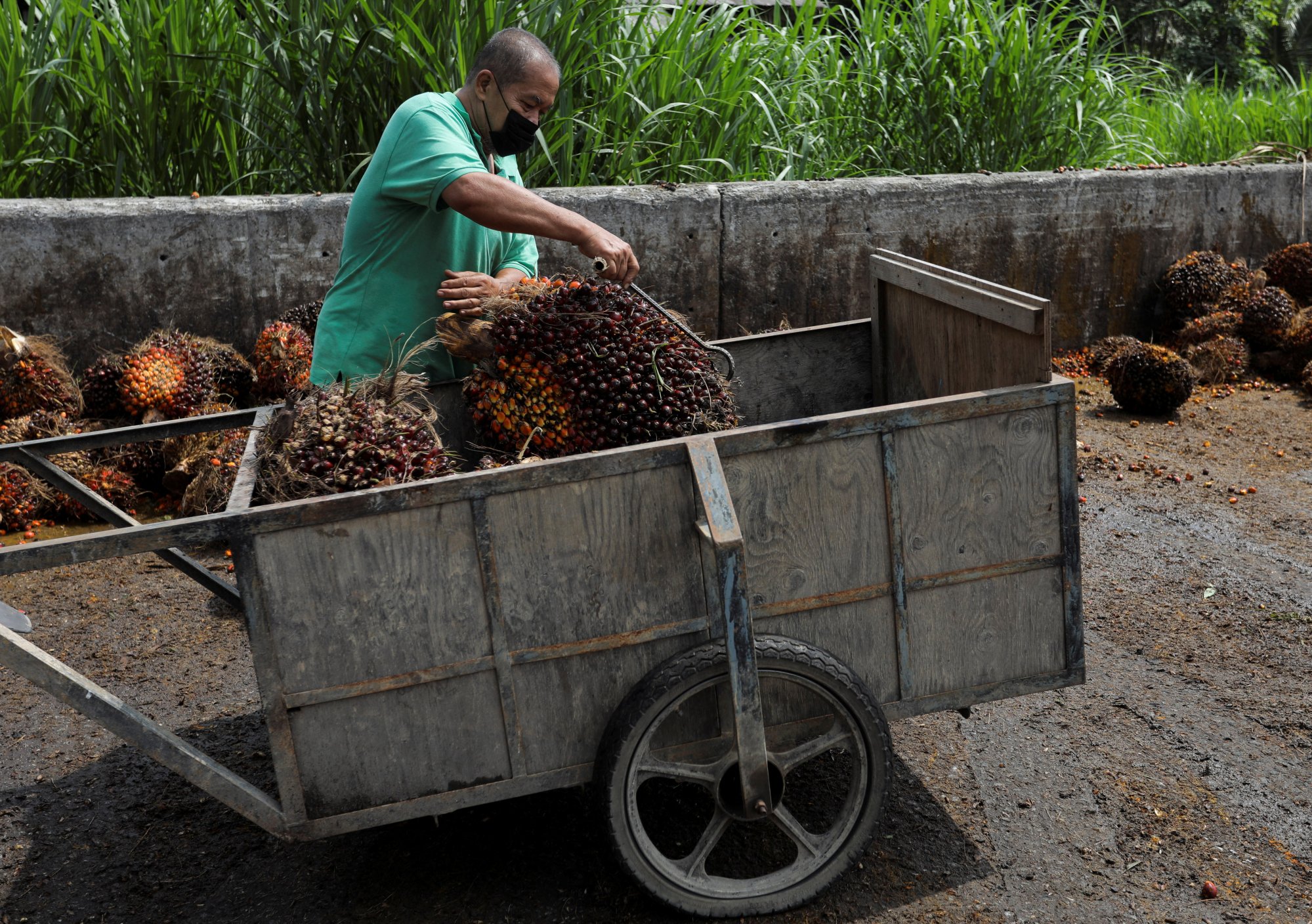
New trade minister Hasan is expected to have his work cut out for him amid the public pressure Lutfi came under in recent weeks related to the price of palm oil, which is used in a range of goods including food, cosmetics and cleaning products. Indonesia is the world’s largest producer of the oil.
Lutfi, also trade minister back in 2014 and a former ambassador to the United States and Japan, blamed a “palm oil mafia” for undermining efforts to contain palm oil prices at home and brought in a surprise ban on exports in April.
He said practices carried out by the “mafia” included smuggling cooking oil intended for public consumption to industries, or even illegally sending it abroad.
In March he said he would “fight it” and ensure “those who do it will be prosecuted before the law”.
Use price boom to support green palm oil efforts, urges watchdog chief
The three-week export ban caused shock waves on global markets and led to a series of arrests for alleged corruption.
Alexander Arifianto, a research fellow with the Indonesia programme at the S. Rajaratnam School of International Studies in Singapore, suggested President Widodo’s decision to replace Lutfi with Zulkifli was based upon political considerations “rather than any technical expertise he might have”.
He said that, as minister for the environment and forestry (2009-2014) under then President Yudhoyono, Zulkifli was “widely criticised for his ministry’s inability to stop illegal logging and the heavy loss of Indonesia’s rainforest areas”.
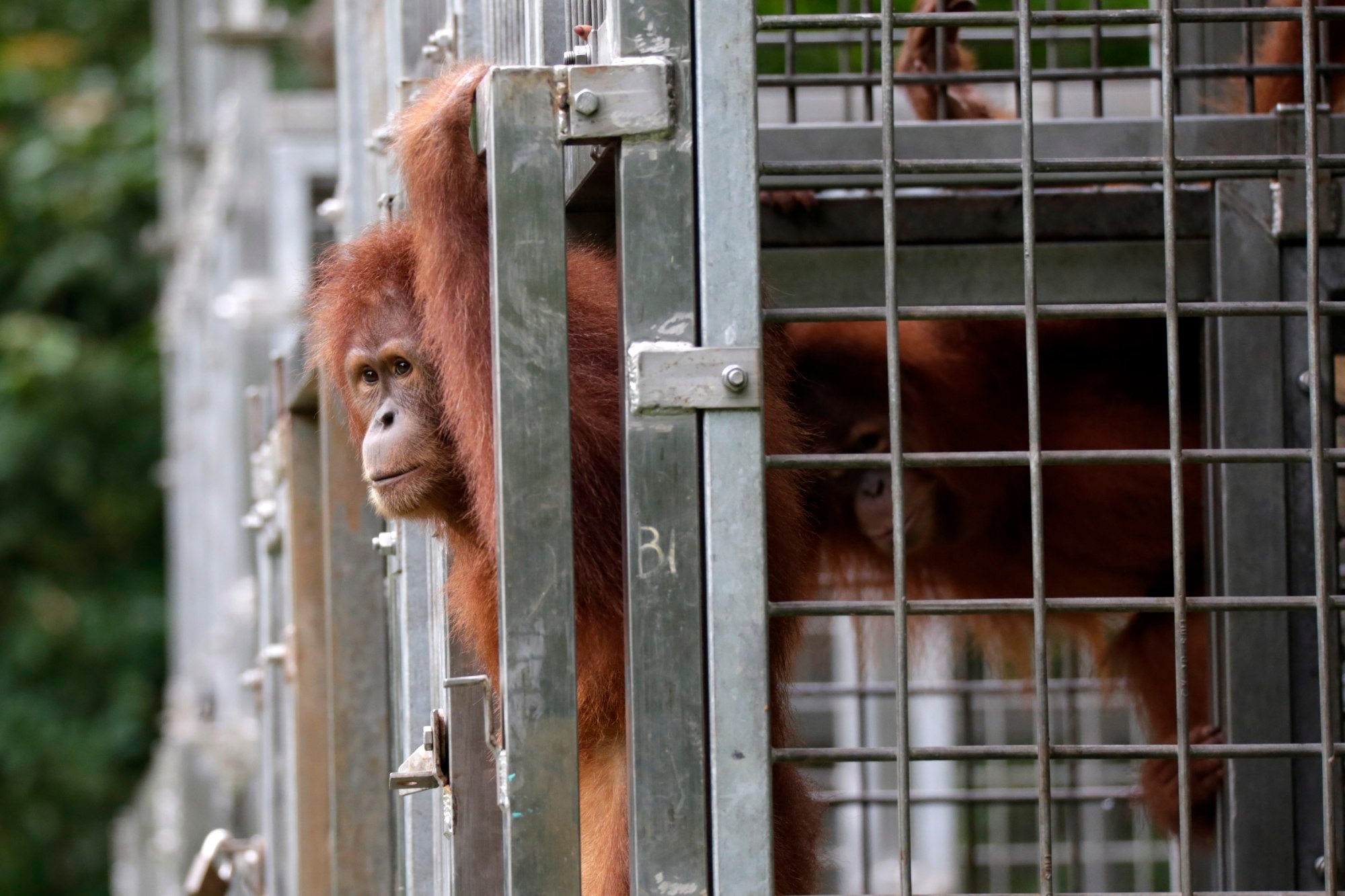
Arifianto was doubtful Zulkifli could fix many trade-related issues, including regulating the prices of staple food commodities, particularly the price of palm oil.
Bhima Yudhistira Adhinegara, director of the Center of Economic and Law Studies (CELIOS), also thought Zulkifli’s appointment was a “political one” rather than him being brought in as a professional figure to handle “trade issues”.
He warned that trade challenges would be “very complex in the second half of this year” with surging food prices, including cooking oil. Other challenges would be increasing protectionism in origin countries for essential goods such as wheat, said Bhima, and rising food prices due to growing demand both domestically and globally.
He predicted an increase in fertiliser costs, as well as inflation due to the “rupiah’s volatility”. Transport costs would also rise due to higher fuel prices.

Given such huge challenges, Bhima said, Zulkifli was “not the right one” to be trade minister.
Dodi Ambardi, a lecturer in the social and political science department at Gadjah Mada University, Yogyakarta, said the trade ministry’s “flip flopping” over the banning of palm oil exports “revealed chaotic policymaking”, a factor he thought relevant in the decision to replace Lufti.
“Apart from that, Lutfi is not from a political party and therefore (his ouster) is less politically sensitive.”
Meanwhile, Singapore research fellow Alexander Arifianto said ex-armed forces chief Hadi Tjahjanto’s appointment as minister of agrarian affairs and spatial planning reflected the influence of former military men in Indonesian society.
It would “ensure that Hadi will remain loyal to Jokowi during the remaining two years of his government”, Arifianto said, using the name by which the Indonesian president is most commonly known.
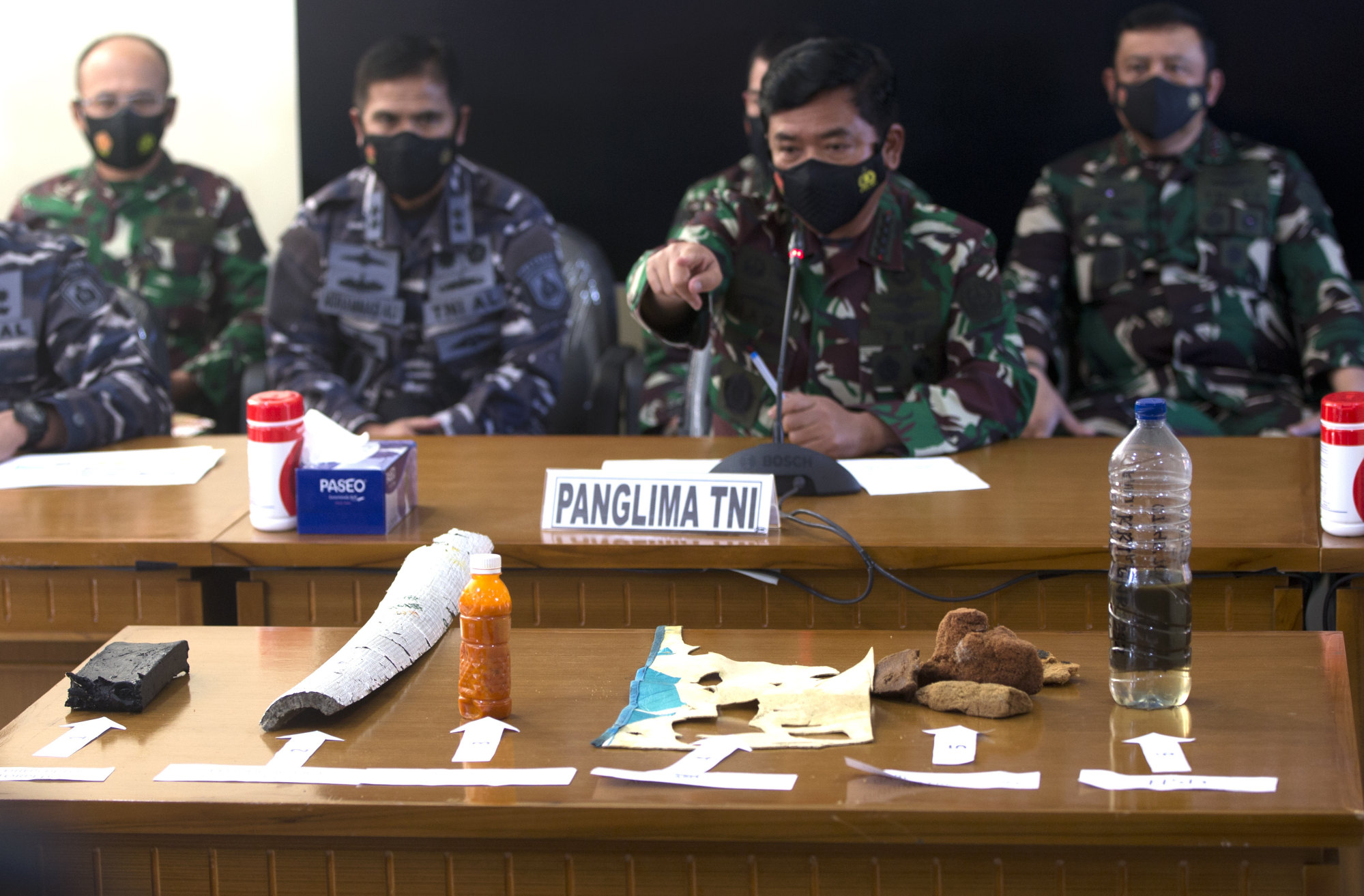
He said it was “common for former Indonesian armed forces chiefs and other senior [military] generals to enter politics after they have retired from military service” and said they had tended in the past to be potent political allies given their “extensive networks in the military, civil society and private sector”.
He gave the example of Gatot Nurmantyo, the military’s commander-in-chief from 2015 to 2017, who emerged as a vocal rival to Widodo after he was not given a high-level political position.
Nurmantyo later backed the losing candidate in the 2019 presidential polls, Prabowo Subianto, and is currently believed to be seeking nomination for the 2024 presidential race himself.
Arifianto thought Jokowi hoped to have Hadi’s support for whoever he endorses as his replacement for the 2024 elections, likely to be Central Java governor Ganjar Pranowo.
He also noted that while the agrarian ministry is not considered politically powerful, it is financially lucrative.
Many officials in the past have been accused of corruption, allegedly receiving bribes from property companies in exchange for forging or illegally awarding land titles to firms or speculators.
“It is unknown whether Hadi is being brought in to clean up the ministry or for simply ensuring he will remain loyal to the president as the 2024 general election gets closer,” said Arifianto.
University of Gadjah Mada’s Dodi Ambardi also said Jokowi is “not the controller” of his party, the Indonesian Democratic Party of Struggle (PDI-P). The chair is Megawati Sukarnoputri, daughter of the country’s founding father Sukarno and a former president herself.
Additional reporting by Reuters


